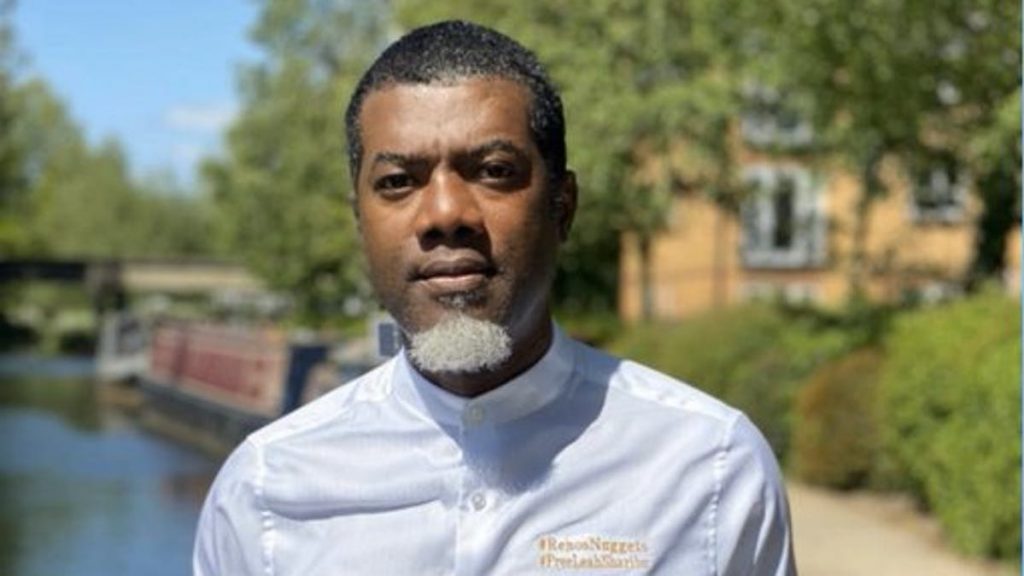
Paying bride price for non-virgins amounts to extortion – Omokri
Former presidential aide, Reno Omokri, has said that the practice of paying bride price should be restricted to women who are virgins at the time of marriage.
Omokri made this assertion in a series of posts on his verified X handle on Sunday, where he also drew distinctions between the concepts of dowry and bride price, citing Biblical and traditional sources.
He argued that the current use of bride price in many African societies does not reflect its traditional basis and amounts to what he described as “extortion” when applied to non-virgins.
“There is a huge difference between a dowry and a bride price. But in this part of the world (Sub-Saharan Africa), we use them interchangeably. But they are not interchangeable,” he wrote.
According to Omokri, dowry refers to wealth or property given by a bride’s parents to their daughter upon marriage, which then becomes the joint property of the couple. He said this practice aligns with a Biblical view of marriage where the woman is a partner and not a burden.
“This is in line with the Biblical injunction that a wife is a helper to her husband, not a burden—Genesis 2:18,” he stated.
He explained that the bride price, as opposed to a dowry, was traditionally demanded by a bride’s family under the condition that the bride was a virgin.
“A bride price, however, is different. In African culture, and Jewish traditions and law, it is the property or money demanded by a bride’s family to give her away in marriage to her intended husband, on the grounds that she is a virgin,” he wrote.
Omokri cited both Biblical references and the customs of the Lukumi Yoruba to support his position. He said that in traditional practice, the bride price could be returned if the bride was found not to be a virgin after the wedding night.
“If her father absolutely refuses to give her to him, he must still pay the bride-price for virgins. And according to the Lukumi Yoruba, if the bride’s virginity is not proven by the aso funfun (white cloth on which the marriage is consummated on the bridal night) being stained, the marriage is not valid and the bride price will be returned,” he wrote.
Omokri also used the opportunity to advocate for a return to what he described as African traditions, expressing concern about what he sees as the erosion of cultural values.
“If we in Africa do not return to these traditions and continue the moral decadence in our society, where sex and sensuality are not curtailed, we will continue to be the dregs of the world, with high rates of sexually transmitted diseases,” he said.
He concluded by criticising the concept of white weddings within African society, arguing that it has no basis in African tradition or Christian doctrine.
“Finally, a white wedding is not our culture in Africa, and it is not a Christian wedding. It is purely a European traditional wedding,” Omokri wrote.








4m8gof
9m1g8s
ju5cq8
https://t.me/site_official_1win/218
https://t.me/s/iGaming_live/4866
https://t.me/s/ezcash_officials
В лабиринте игр, где любой ресурс норовит заманить заверениями простых призов, рейтинг лучших лицензированных казино
становится именно той ориентиром, которая проводит сквозь ловушки обмана. Тем хайроллеров и начинающих, кто надоел от фальшивых посулов, такой помощник, чтоб ощутить настоящую выплату, как ощущение ценной фишки в ладони. Без лишней болтовни, только реальные клубы, в которых выигрыш не только цифра, а реальная везение.Собрано из яндексовых поисков, как сеть, которая вылавливает топовые актуальные тенденции в рунете. Тут отсутствует места про шаблонных фишек, каждый момент как ставка у игре, в котором подвох выявляется мгновенно. Профи понимают: на рунете стиль письма и иронией, где юмор маскируется под рекомендацию, помогает обойти обмана.В https://kasinos-don8play.webflow.io/ данный список находится будто открытая карта, приготовленный для игре. Посмотри, если нужно ощутить пульс реальной игры, минуя мифов плюс провалов. Игрокам что ценит ощущение выигрыша, он как взять ставку в ладонях, вместо смотреть на монитор.